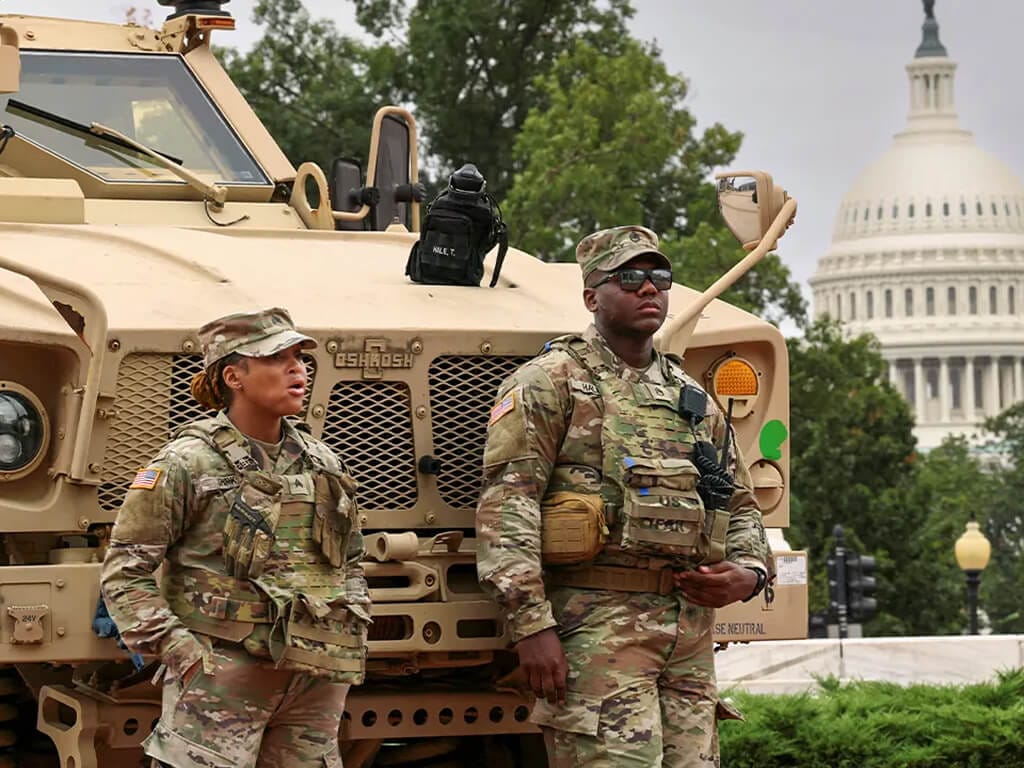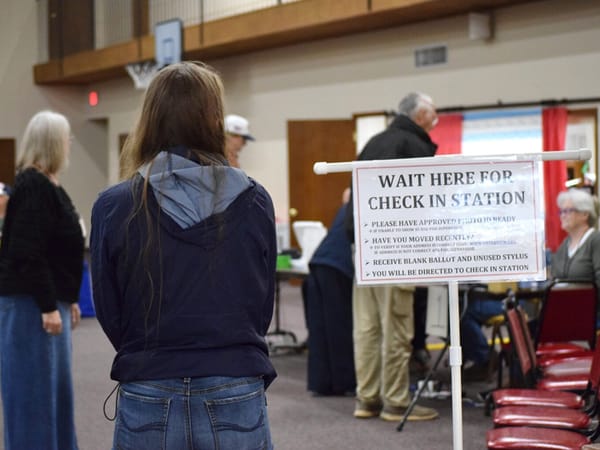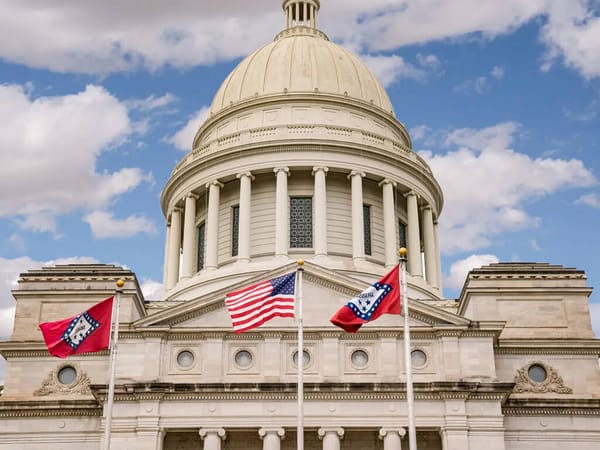Arkansas National Guard to Support ICE Operations, Dividing Opinion
Governor Sarah Huckabee Sanders has ordered Arkansas National Guard troops to assist ICE under Title 32. Supporters say it is about safety, while critics warn of constitutional rights violations.

Governor Sarah Huckabee Sanders announced on Tuesday, September 9, that up to 40 members of the Arkansas National Guard will be deployed to assist U.S. Immigration and Customs Enforcement in carrying out federal immigration laws.
The federally funded operation will include 27 Air National Guard airmen and 13 Army National Guard soldiers. According to the governor’s office, 18 will be stationed in Little Rock, 10 in Fort Smith, 10 in Fayetteville, and two at Camp Robinson in North Little Rock.
The guardsmen will not be armed. Their responsibilities will be limited to supporting ICE agents by transporting, processing, and detaining individuals without permanent legal status. Although funded by federal dollars, the mission falls under the governor’s authority through the Title 32 program.
The announcement has sparked debate within Arkansas and across the nation, highlighting political tensions over using state National Guard units for immigration operations. Governor Sanders and her conservative supporters remain steadfast, emphasizing that Arkansas will not tolerate violent or criminal immigrants living in the country illegally and expressing anticipation for the guardsmen to work alongside the Trump Administration to uphold federal immigration law.
Safety, Politics, and the Role of the Guard
Supporters of the deployment argue it is about public safety and security, while critics dismiss it as political theater, a misuse of the Guard, and possibly unconstitutional. Traditionally, the Arkansas National Guard has been mobilized for natural disasters, overseas missions, and deployments to the southern border. Governor Sanders’ decision expands that role into immigration enforcement within the state.
Former state legislator and former adjutant general of Arkansas Mark Berry said the move fits the Guard’s mission. “The number one priority of the National Guard is the safety and security of the citizens of the state and nation. This is just one tool the governor has in her toolbox to provide for the safety and security of our community,” Berry said.
He noted that the Guard has a long record of supporting law enforcement, from counter-drug operations to disaster response. “This is nothing new to the National Guard. We have provided for tornadoes. We have provided during COVID. We have supported law enforcement agencies during storms. As a matter of fact, every single day we are involved in counter-drug operations, supporting our law enforcement agencies in a support role,” Berry said. “So it’s absolutely nothing new.”
For now, guardsmen will serve only in support roles, handling tasks such as transporting detainees and processing paperwork. Arkansas Adjutant General Brig. Gen. Chad Bridges also endorsed the initiative, describing the Guard as “highly trained and committed to enabling federal agents to focus on their core operations.”
Political Dispute Heats Up
Marcus Jones, chairman of the Arkansas Democratic Party and a retired Army colonel who previously served as senior advisor to the Arkansas Guard, said the deployment is political rather than a matter of safety.
“They will be supporting Homeland Security and ICE,” Jones said. “Some of the tasks are the processing of people that have been detained, as well as potentially moving them or transporting them, and also those administrative tasks.”
He called the mission “an invented crisis” and cautioned that it comes at a moment of renewed national debate over immigration enforcement, following a recent Supreme Court ruling.
“The Supreme Court ruled, six to three, that essentially it is acceptable to racially profile someone, to stop someone because you see them, because you hear them speaking Spanish, or because of the color of their skin. That violated due process. That violates one of the fundamental things that make our country great, and one of the fundamental rights we have under the Constitution,” Jones said.
The American Civil Liberties Union of Arkansas also denounced the governor’s decision. Executive Director Holly Dickson described the initiative as “an abuse of power that jeopardizes Arkansans’ rights and safety.”
“Through this manufactured emergency, Governor Sanders is not making Arkansas safer. She is stoking fear, scapegoating immigrants, inviting racial profiling, and undermining the rule of law,” Dickson said.
“Immigrant families are part of our communities, our congregations, our schools, and our workplaces. Treating them as enemies to be rounded up and detained is un-American and unacceptable.”
On Monday, the United States Supreme Court temporarily lifted a lower court’s ban on racial profiling by ICE agents targeting Latinos in Southern California. The region has witnessed protests in recent months over ICE’s actions in response to President Donald Trump’s crackdown on undocumented migrants.
Broader Context
Governor Sanders has turned to the National Guard for immigration enforcement before. In 2023, she sent 80 Arkansas guardsmen to the United States-Mexico border in Texas, followed by 40 more the next year. Many see the latest deployment as part of a broader wave of Trump-aligned enforcement measures.
Earlier this year, Sanders signed the Defense Against Criminal Illegals Act, which imposed tougher penalties on migrants convicted of violent felonies in Arkansas. The law also required state law enforcement agencies to join ICE’s 287(g) program, which deputizes local officers to help apprehend and deport migrants held in jails and prisons.
In August, the Arkansas National Guard requested authority to conduct immigration arrests under the task force model of the 287(g) program. While Guard soldiers do not typically serve in law enforcement roles, the task force model is one of three ICE programs that give local agencies limited powers in immigration enforcement.
Observers say conservative momentum and the reaction to Charlie Kirk' s death may boost support for Sanders’ plan and widen the Guard’s enforcement role.





